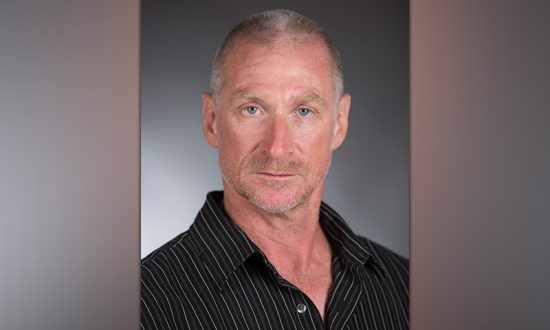Dr. Duncan Kirkby studied behavioral neurosciences in Canada. He subsequently undertook postdoctoral work in Bethesda, Maryland at the Uniformed Services University of the Health Sciences (Department of Pharmacology) and the National Institutes of Health (National Institute of Neurological Disorders and Stroke). His research focused on normal and pathological synaptic plasticity. In early 2009, Dr. Kirkby relocated to the southern Caribbean, joining SGU as a Professor of Neuroscience. He joined the Dean of Students Office in 2011. Throughout his tenure at SGU, he has served as a faculty advisor with a special interest in medical students enrolled in the Academic Enhancement Program.
Deciding to study medicine is the first step towards an exciting and rewarding career, but carefully choosing where you study opens a world of opportunities.
There are myriad considerations involved in selecting a career-building medical degree program: the facilities, the faculty, the support services, and more. Considering international locations for studying medicine can further expand opportunities for professional success. Have you considered studying in Grenada?
You’re certainly not alone in having questions about studying in an island environment. Independently gathering information on the endeavor can be both tricky and time consuming, so we’ve compiled answers to some of the most common questions about living and studying in Grenada and what it’s like to live there, with some comments from SGU Alumni Dr. Ish Saxena, a GP Partner in the North West of England.
Common Questions About Living in Grenada
- Where is Grenada?
Though you probably have a good idea of where some Caribbean islands are located, you might not be as familiar with Grenada. The island, home to SGU’s True Blue campus, lies in the southeastern Caribbean Sea about 100 miles (160 km) north of the shimmering north coast of South America.
Dr. Saxena says “My main motivation for applying was that I was keen to practice medicine in the United States at some point and saw that SGU would give me that opportunity. It was only when I arrived in Grenada and started my course that I realized all the other benefits of studying there.”
- What is the Weather Like in Grenada?
If you’re envisioning a tropical paradise, you’re pretty much spot on. Expect year-round highs around 85 degrees Fahrenheit. May through November is considered the rainy season, with average precipitation ranging between seven and eight inches per month.
Some people worry about unpredictable weather in the Caribbean. However, Grenada sits south of the Atlantic Hurricane Belt, so extreme weather conditions are rare in Grenada. Even so, St. George’s University is heavily equipped for emergencies, and typically provides aid to more northerly countries that incur weather-related damage.
- What Should I Know About Shopping in Grenada?
Stocking up on groceries in Grenada is easy. There are a couple of supermarkets that are accessible by bus or your personal vehicle. Many students also take advantage of local markets for produce. There are also plenty of options for gifts and specialty goods.
Many arriving students often overpack because they worry that they won’t have access to essentials. However, you can buy many of these items, including kitchen equipment and even furniture, when you arrive. It’s also pretty common to find inexpensive goods for sale from students preparing to leave Grenada.
- How Big is Grenada?
The island is small, both in terms of population and geographic size. We’re roughly 134 square miles. The population is about 104,000 people.
- What are Some Fun Things to Do in Grenada?
The list of things to do in Grenada is nearly endless. There are distillery and chocolate tours, hiking trails through the rainforests, and a slew of water activities.
About 25 or 30 percent of our students get their dive certificates while they’re down in Grenada. In addition to exploring the sea life, divers can also check out the fantastic underwater sculpture park.
And remember that all students are surrounded by classmates who are all in the same boat. “The SGU curriculum was challenging, which gave me a vigorous educational experience, and SGU students also get to enjoy stunning beaches after their lectures.” Dr. Saxena explains.
- Does Grenada have Modern Technology?
Another common misconception is that you’ll be roughing it in Grenada. This couldn’t be further from the truth. You’ll have access to fast and reliable internet and cell service just like you do at home.
Classes are also fully equipped with modern technology, which allows direct access to professors during classroom sessions.
- What are Accommodations Like in Grenada?
At SGU, for example, the on-campus housing is clean and comfortable. Each suite has its own kitchen, and you have your own bathroom. Each floor has laundry facilities, and regular maid service is included at no additional charge.
Some students prefer to find off-campus accommodations. Such facilities may offer air conditioning or perhaps even pool facilities. Many such facilities are available within walking distance of campus, and even more are situated within five miles of the school.
Start Your Island Adventure and Build Your Career
“The best thing about it all was the sense of community. I made lifelong friendships and professional connections, and it’s been great to stay in touch and see how successful my fellow graduates have been.” Dr. Saxena concludes.
If you can picture yourself as a medical professional, then take the next step. Join SGU in Grenada for a rewarding journey to future success.




